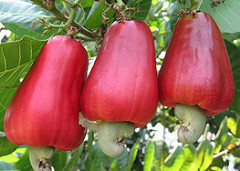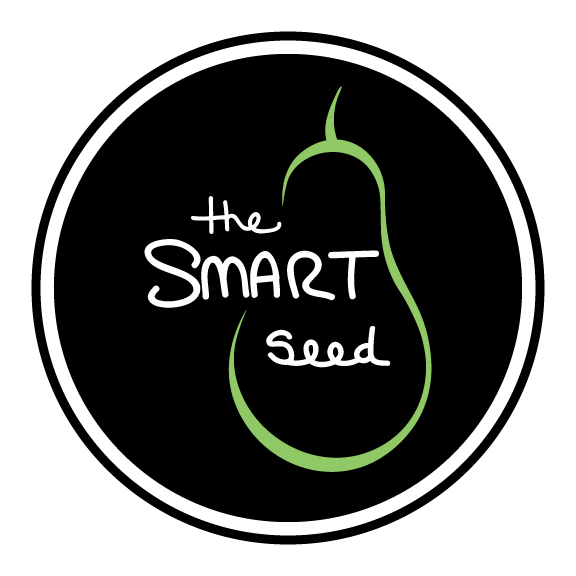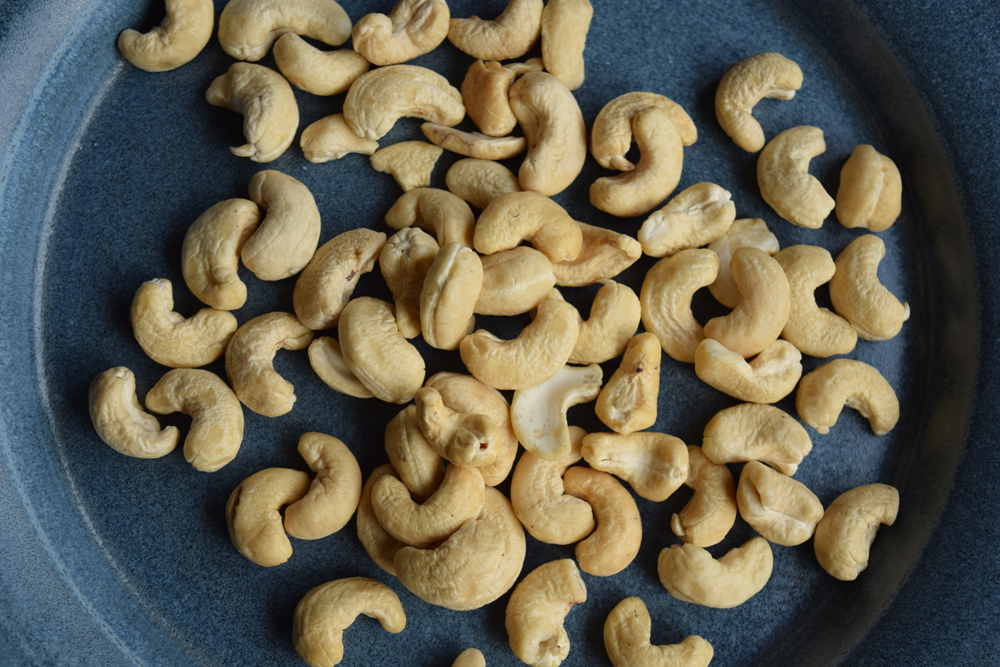Podcast: Play in new window | Download (Duration: 10:13 — 11.4MB) | Embed
Subscribe: Apple Podcasts | Android | Email | Stitcher | RSS | More
My all time favourite political show is Power & Politics with Rosemary Barton on CBC. I’ve been watching the show, on and off, for the past ten years all the way back to a time when Power & Politics was just called “Politics” and Don Newman was the host and Rosie was an up and coming, scrapper, of a political journalist. Don would open the show with his famous “Welcome to the Broadcast” line. His last show prior to his retirement was full of sniffles and awes as he told Rosie that her success in being a journalist relied on her “just being herself.” Well, Don was right, eventually. It was just pure silly oversight on Don’s part, but he forgot about gender inequities in the workplace. First, Evan Soloman took over Don’s job despite the fact that I’m pretty sure he didn’t do much political reporting prior to (think Sunday morning show host) and from one puff interview after another I stopped watching. Then Evan Soloman decided to partake in a few improprieties using his CBC job to sell some expensive artwork to some fancy people, and BOOM it was Rosie’s time to shine. Well, not quite yet. The CBC named Rosie the temporary host of Power & Politics, because we all know ladies we need to earn our way. It was only after a truly slaying interview with Conservative MP Chris Alexander on the Conservatives inaction on the Syrian Refugee Crisis that Rosemary finally proved her chops to the CBC brass and got the job! Since then, Rosie has solidified herself as “my type of oprah” weaving good-hearted fun with hard-hitting interviews. It’s certainly the best way to consume Canadian Politics.
So, there I was, last week watching my favourite political show. Rosie was interviewing a fella by the name of Dominic Barton (no relation) who is on the government’s Advisory Council on Economic Growth. By the sounds of it, it’s a group of people in suits, pretty sure the suits part is a requirement, and they brainstorm ways the federal government can improve the economic growth of the country. Pretty dry stuff. Indeed! The main substance of the interview was how does the Trump administration affect a trade dependent country like Canada, and Dominic’s response was two-fold–it’s a challenge and it’s an opportunity. Dominic believes that the challenges the Trump administration poses could, in a way, jolt the Canadian economy to a new level of growth. As the USA is pulling in on itself, we can take advantage of their absence and build new relationships with other countries and enter a new era of Canadian economic wealth. Sounds divine, in a twisted sort of way, to take advantage of what is essentially a horrible and chaotic situation for our neighbours to the south. Yet, to think that the Canadian government and Canadian companies wouldn’t try to make the most out of a bad situation would be a bit naive. Case in Point. At the end of January, a group of Canadian tech companies sent an open letter to the Canadian Government to ask for an “immediate and targeted visa” to those people affected by the United State’s Muslim Ban. Was it a political stand against government overreach and Islamophobia? Or, were they ceasing the opportunity to recruit top talent to their companies. The later, maybe, yes, definitely. Which brings us to this week’s episode, as we delve into the cashew industry and look at a few countries taking advantage of a bad situation. This week’s episode is Cashews: When Opportunity Strikes.
First off, before we continue, I would like you do something. If you wouldn’t mind, bring up your internet browser and search Cashew Apple.
Photo Credit: Greenthaicurry.com Flickr via Compfight cc
 Do you see what I’m seeing? I have a feeling the last time you were eating a bowl of roasted cashews you didn’t have this in mind. It looks like an apple is midway through a bowel movement, and it reminds me that, at some point, I really need to get down to the equator so I can try this cashew apple out. If you are not too sure what you are looking at, the cashew nut is what is hanging below the apple and is technically the seed of the cashew apple. If you are wondering why you’ve never heard of a cashew apple before, well it’s because it doesn’t transport well, so, unfortunately we cannot try it’s sweet juiciness up here in Canada. However, as for the nut after it’s shelled and roasted it is exported in droves. It’s popularity has been growing faster than any other nut, yes even almonds, so much so that demand has jumped by 53% since 2010. All you have to do is enter a vegan restaurant to understand why: cashew cheese, cashew butter, cashew ice cream, cashew milk. Cashews have to be one of the most versatile nuts, and as plant based diets become more popular so does the nut. This popularity presents an opportunity, especially when things go awry.
Do you see what I’m seeing? I have a feeling the last time you were eating a bowl of roasted cashews you didn’t have this in mind. It looks like an apple is midway through a bowel movement, and it reminds me that, at some point, I really need to get down to the equator so I can try this cashew apple out. If you are not too sure what you are looking at, the cashew nut is what is hanging below the apple and is technically the seed of the cashew apple. If you are wondering why you’ve never heard of a cashew apple before, well it’s because it doesn’t transport well, so, unfortunately we cannot try it’s sweet juiciness up here in Canada. However, as for the nut after it’s shelled and roasted it is exported in droves. It’s popularity has been growing faster than any other nut, yes even almonds, so much so that demand has jumped by 53% since 2010. All you have to do is enter a vegan restaurant to understand why: cashew cheese, cashew butter, cashew ice cream, cashew milk. Cashews have to be one of the most versatile nuts, and as plant based diets become more popular so does the nut. This popularity presents an opportunity, especially when things go awry.
Vietnam is the largest exporter of Cashews by far. It exports approximately 58% of cashews grown in the world today.. It’s important to note that Vietnam is not the largest grower, just the largest exporter. In fact two thirds of the cashews that Vietnam processes is grown somewhere else. I find the cashew trade pretty insightful. It gives a glimpse into the dynamics between countries. Why some countries can make more money producing the same product compared to others. In a nutshell, here’s how the bulk of the cashew trade works. Cashews are grown in various countries in West and East of Africa. Most of the cashews grown in Africa are shipped, raw, to India and Vietnam. India and Vietnam then process the cashews from Africa as well as process cashews they grow themselves and then they export the roasted cashews to the rest of the world. It’s why my current bag of cashews states it’s origin as Vietnam / Ivory Coast. The fact that cashews are being sent from African countries to Vietnam and India to be processed implies that these countries don’t have the infrastructure to process their own cashews. This lack of infrastructure also means that they are not getting the full value out of their product. They’re missing out on money. Enter into this reality a drought. What? Another drought you say. So, while cashews are being sent from Africa to Vietnam and the whole world keeps on gobbling them up, Vietnam goes through one of their worst droughts in a century. Drought in the Mekong Delta forces Vietnam to lower exports on many agricultural goods: rice, black pepper, coffee, and seafood. And this past year, Vietnam’s cashew harvest fell by 11% forcing the price of cashews up to an all time high. Now we have a very valuable product and an opportunity.
For the Cashew farmers of the Ivory Coast when they look at their plantations they see money growing on trees. It appears to be a running theme in the food industry today, but with increase demand in China, changing food habits in Europe and North America, and environmental stresses around the world, food is becoming more valuable. Ivory Coast farmers can make more money on cashews than any other crop. Yet, it’s not the amount of money the Ivory Coast is making off of cashews that is on the top of their mind, but how much money they are not making. Countries, like the Ivory Coast, Burkina Faso, Zambia, Nigeria, and Tanzania are a part of a group of African countries who are intent on shaking up the cashew trade. Although there are some farmers and exporters that are doing well, the number of people benefiting from cashews is relatively small and these countries intend to change that. They hope that if they expand their cashew production and create substantial investment in infrastructure that they can grab a bigger piece of the cashew pie and in turn create more economic opportunities for their people. In 2014, it was reported that Tanzania lost around $551 million over a five year span simply because they exported raw cashews over processed ones. To these countries this is millions of dollars that they are just throwing away.
However, it isn’t an easy process to build an infrastructure. If all of the factors were in place to have a thriving processing industry then that industry would already be there. Instead one must look at the obstacles in place. For, Burkina Faso, they must educate farmers so that they can improve growing techniques and increase their yield. They need to better integrate and professionalize all the different players that are currently in the industry. They need to improve financing, so that farmers and processors can have access to credit. Smallholder farmers need to group together and have national representation, so that farmers and not agribusinesses are reaping the rewards. Depending on the area, in Burkina Faso cashew production is the main avenue to reduce poverty. For many, cashews are providing an opportunity that they cannot let slip out of their hands. The question is whether fundamental reforms can come together before Vietnam recovers and the opportunity is gone.

